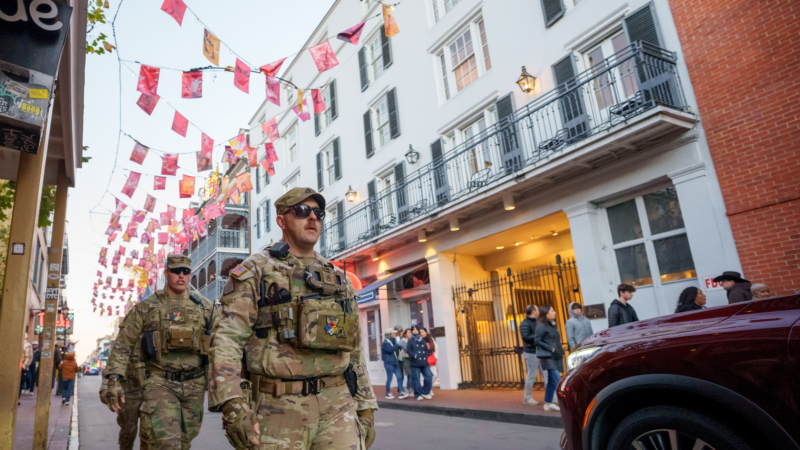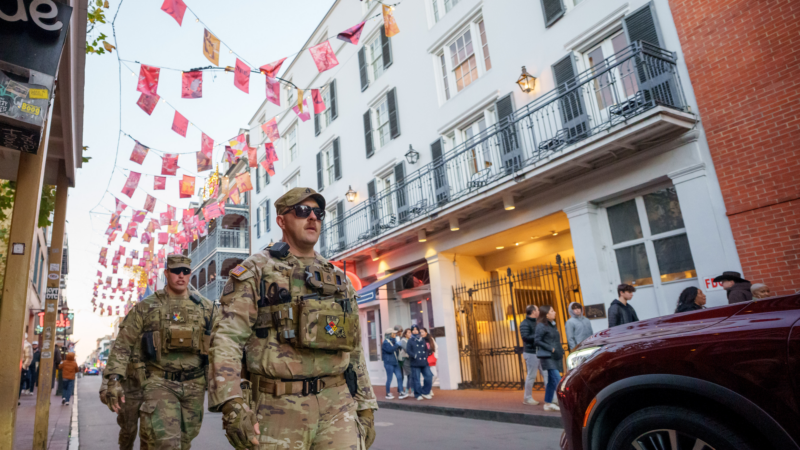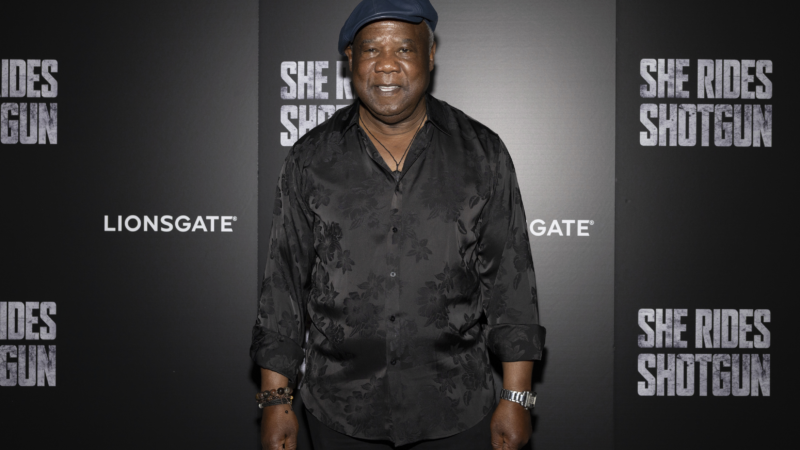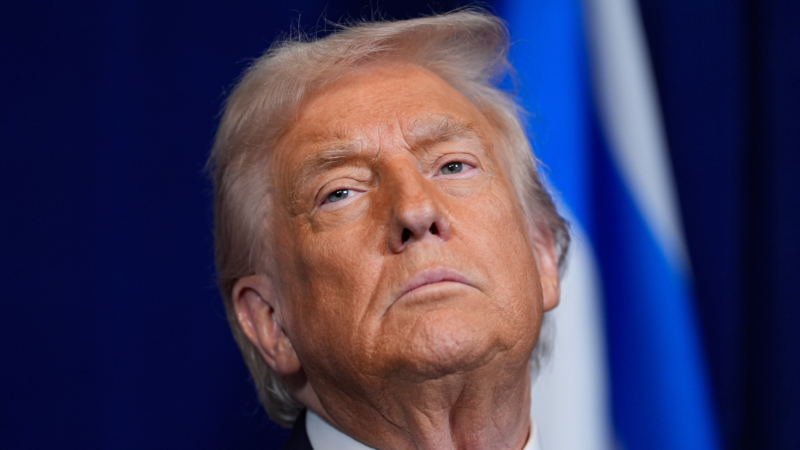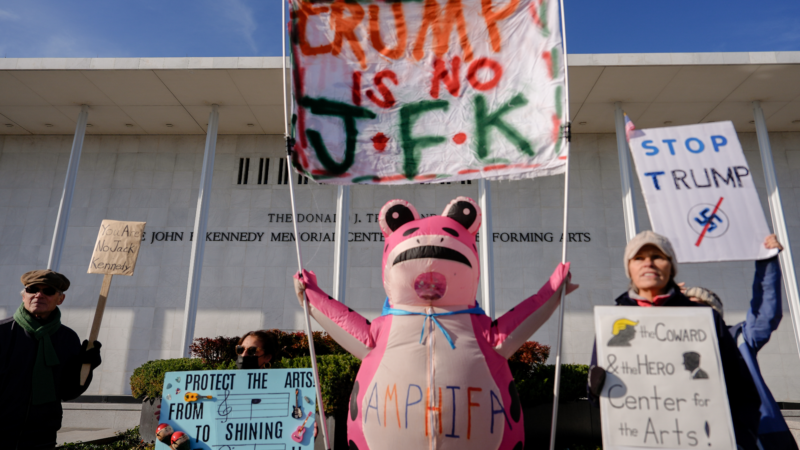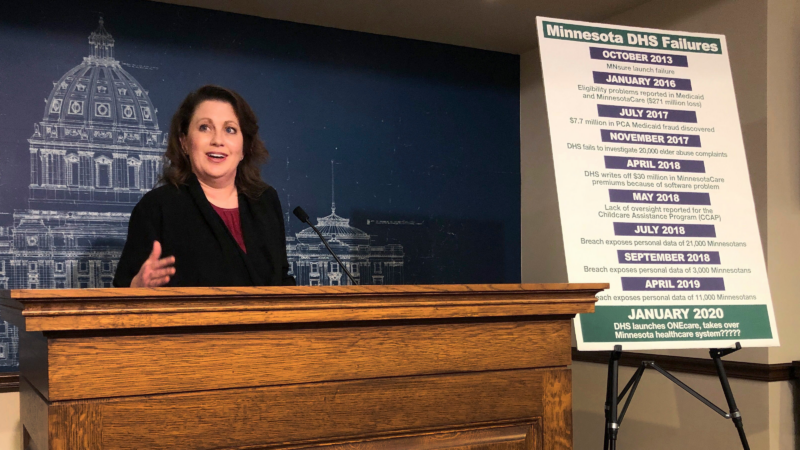Japan’s Ishiba to push importance of alliance during visit with Trump
SEOUL — In his meeting with President Trump today, Japan’s Prime Minister Shigeru Ishiba faces a challenge to build personal chemistry with the leader of the country his people depend on for security and trade, while also overcoming Trump’s long-held concerns about being taken advantage of by allies.
Ishiba is the second foreign leader to meet with Trump in his second administration, after Israeli Prime Minister Benjamin Netanyahu.
Japan hopes that a candid exchange of views between the two leaders will help take the bilateral relationship to “new heights,” chief cabinet secretary and government spokesman Yoshimasa Hayashi said in announcing the visit this week.
Japanese media report that Ishiba spent last weekend huddled with his ministers, working out a game plan for the meeting. But Trump’s concerns, at least, are well known, as he’s been harping on them for more than three decades.
Trump has long felt that Japan and other wealthy allies take advantage of the U.S., racking up big trade surpluses, while paying too little for the cost of American military protection. He famously griped about this in a 1987 full-page advertisement he took out in three top U.S. newspapers.
Currying favor with Trump
On the trade surplus, Ishiba is expected to try to please Trump by offering to buy more U.S. liquified natural gas.
He is also expected to highlight Japan’s role as the largest direct foreign investor in the U.S. for the past five years, although President Biden’s rejection of Nippon Steel’s $14.9 billion acquisition of US Steel on national security grounds could dampen Japanese enthusiasm for investing in the U.S.
Ishiba can also point to Japan’s 2022 commitment to roughly double defense spending to 2% of GDP by 2027. Trump has long criticized the defense spending of U.S. allies, saying they don’t contribute enough and rely too much on American support.
But Trump is likely to want more, says Brad Glosserman, deputy director of the Tama University Center for Rule Making Strategies in Tokyo.
“My sense is that the United States is now going to be asking for 3% at a minimum and perhaps even more,” he says.
“That’s going to be extremely difficult for the Japanese to do, given the difficulties that they have at this moment. Again, because of a weak prime minister with competing national policy priorities,” such as trying to boost the country’s plunging birth rate.
Glosserman notes that Ishiba’s party is in the minority in Japan’s parliament, and defense hawks in his own party find him too moderate, and too conciliatory towards China.
It also remains to be seen whether Ishiba can develop a personal rapport with Trump. His predecessor, the late former Prime Minister Shinzo Abe, used golf games, sumo wrestling matches and Wagyu burgers to help to cultivate ties with Trump, as he successfully avoided a major tariff war with the U.S.
Ishiba has long called for a more equal alliance with the U.S. “I believe that having the Japan-U.S. relationship as equal as possible will enhance the sustainability of the alliance,” Ishiba told NPR in a 2023 interview.
“Japan has its own national interests, and the United States has its own national interests,” Ishiba commented to reporters following Trump’s inauguration. “I would like to establish a relationship of trust through sincere discussions on how we can make the most of our bilateral relationship for world peace and the global economy,” he added.
Japan considers its alliance with the U.S. as the cornerstone of its foreign policy and any Japanese leader must be seen to be an effective alliance manager. That means Japanese leaders try to get in the White House door as early as possible in a new U.S. administration, regardless of what outcomes can be assured, and before the new administration’s policies have become clear.
“This basic foundation doesn’t change,” says Yoshihide Soeya, professor emeritus at Keio University in Tokyo.
Japan’s unstated fears of U.S. abandonment
What neither Ishiba nor other Japanese officials will discuss publicly is their concern that the U.S. might move away from its commitment to the U.S.-Japan alliance.
“The Trump phenomenon is giving us a signal, a warning, that we should begin to think in a different sort of security paradigm,” Soeya says.
Soeya envisions a new paradigm that includes a “robust middle power network among our regional countries,” such as South Korea, Australia and New Zealand.
Japan showed its leadership of such a network when Trump pulled the U.S. out of the Trans-Pacific Partnership trade agreement in 2018, and Japan regrouped the 11 remaining members of the pact and forged ahead without the U.S., leaving it out of a deal which could have added billions of dollars to U.S. GDP through trade liberalization.
Brad Glosserman believes that “Japan again, has the opportunity to demonstrate leadership,” because Trump has said he will pull out of the 14-member Indo-Pacific Economic Framework established by the Biden administration.
What these powers cannot do without U.S. involvement, Yoshihide Soeya says, is rival China’s growing military might. Were the U.S. to completely retreat from Asia, Soeya says, Japan could find itself back in the sort of China-led Asian order that prevailed for much of the pre-modern era.
Soeya doesn’t think the U.S. will turn its back on Asia, but given the direction in which America-first nationalism and isolationism are currently heading, he says it might be wise for Japan to hedge its bets and look beyond its alliance with the U.S.
Chie Kobayashi contributed to this report in Tokyo.
National Guard arrives in New Orleans for 1st New Year’s since Bourbon Street attack
Nearly a year after a New Year's Day truck attack on Bourbon Street left 14 dead, New Orleans officials are still seeking permanent security solutions.
National Guard arrives in New Orleans for 1st New Year’s since Bourbon Street attack
Nearly a year after a New Year's Day truck attack on Bourbon Street left 14 dead, New Orleans officials are still seeking permanent security solutions.
Isiah Whitlock Jr., actor from ‘The Wire,’ ‘Veep’ and Spike Lee films, dies at 71
Actor Isiah Whitlock Jr. has died at age 71. Whitlock played the corrupt state Sen. Clay Davis on "The Wire." He also appeared in several Spike Lee films, including "25th Hour" and "BlacKkKlansman."
CIA behind strike at Venezuelan dock that Trump claims was used by drug smugglers, AP sources say
The CIA was behind a drone strike last week at a docking area believed to have been used by Venezuelan drug cartels. That's according to two people familiar with details of the operation.
Kennedy Center renaming prompts a new round of cancellations
The Kennedy Center is ending the year with a new round of artists saying they are canceling scheduled performances after President Donald Trump's name was added to the facility.
Trump administration says it’s freezing child care funds to Minnesota
President Trump's administration announced that it's freezing child care funds to Minnesota after a series of fraud schemes in recent years.



